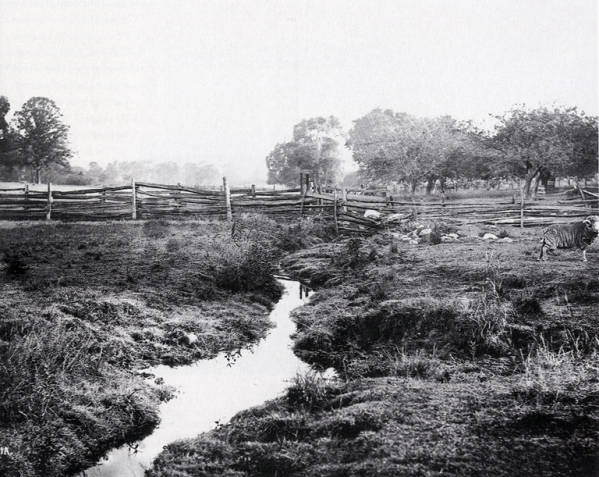
(Wikimedia Commons Public Domain)
Joseph Smith was controversial. There were and are voices who claim that he was dishonest and destitute of character. But John Taylor, for one, was quite certain about their motivation. “Joseph Smith,” he said,
was a virtuous, high-minded, honorable man, a gentleman and a Christian. But he introduced principles which strike at the root of the corrupt systems of men. This necessarily comes in contact with their prepossessions, prejudices, and interests; and as they cannot overturn his principles, they attack his character. [1]
In any event, those who would deny the good character of Joseph Smith cannot simply nullify the evidence that I’ve been offering in these blog entries over the past three weeks, or make it disappear. The voices of these witnesses must still be taken into account for a complete picture of Joseph Smith’s character. And, in fact, the hostile witnesses commonly adduced against Joseph Smith—whose existence, in so inflammatory a case as the founding of a new prophetic religion, should scarcely surprise anybody—can be shown, in a number of cases, to be dubious at best.[2] Those angered by such a claim are quick to believe the worst of their opponent, often on the flimsiest of grounds. But “He was loved best by those who were the most acquainted with him,” observed Lucy M. Smith.[3] If only, George Q. Cannon said, sincere skeptics “could have known him as intimately as his brethren knew him.” His genuine goodness, his bravery, moral courage, humility, and gentleness “were things which a remote or casual observer would not be likely to discover.”[4] “We never knew we were bad folks,” Joseph’s younger brother reminisced ironically, “until Joseph had his vision. We were considered respectable til then, but at once people began to circulate falsehoods and stories in wonderful ways.”[5]
[1] G. Homer Durham, ed., The Gospel Kingdom (1943), 355-356.
[2] In an extremely important article, Donald Enders demonstrates that, on virtually every claim that can be empirically tested, the 1834 Hurlbut/Howe affidavits—standard weapons in the arsenal of critics who wish to blacken the character of Joseph Smith and his family—can be demonstrated to be false. See Donald L. Enders, “The Joseph Smith, Sr., Family: Farmers of the Genesee,” in Susan Easton Black and Charles D. Tate, Jr., eds., Joseph Smith: The Prophet, the Man (Provo: Religious Studies Center, Brigham Young University, 1993), 213-225. Compare Anderson, Investigating the Book of Mormon Witnesses, 142-144. Also very useful on the issue of Joseph’s character and the unreliability of hostile early testimonials against him are Hugh Nibley, Tinkling Cymbals and Sounding Brass (Salt Lake City: Deseret Book and FARMS, 1991), and Richard Lloyd Anderson, review of Rodger I. Anderson, Joseph Smith’s New York Reputation Reexamined, in Review of Books on the Book of Mormon 3 (1991: 52-80. Josiah Stowell Jr., a non-Mormon contemporary of Joseph Smith’s who was closely associated with the Prophet in 1825-1827, and Josiah Stowell Sr., who did convert to Mormonism, denied many of the charges then circulating against Joseph’s character in an important 1843 letter. See Mark Ashurst-McGee, “The Josiah Stowell Jr.-John S. Fullmer Correspondence,” BYU Studies 38/3 (1999): 108-117.
[3] The Juvenile Instructor 27 (1 August 1892): 470-471.
[4] Cannon, Life of Joseph Smith the Prophet, 358.
[5] Cited by Remini, Joseph Smith, 89.











